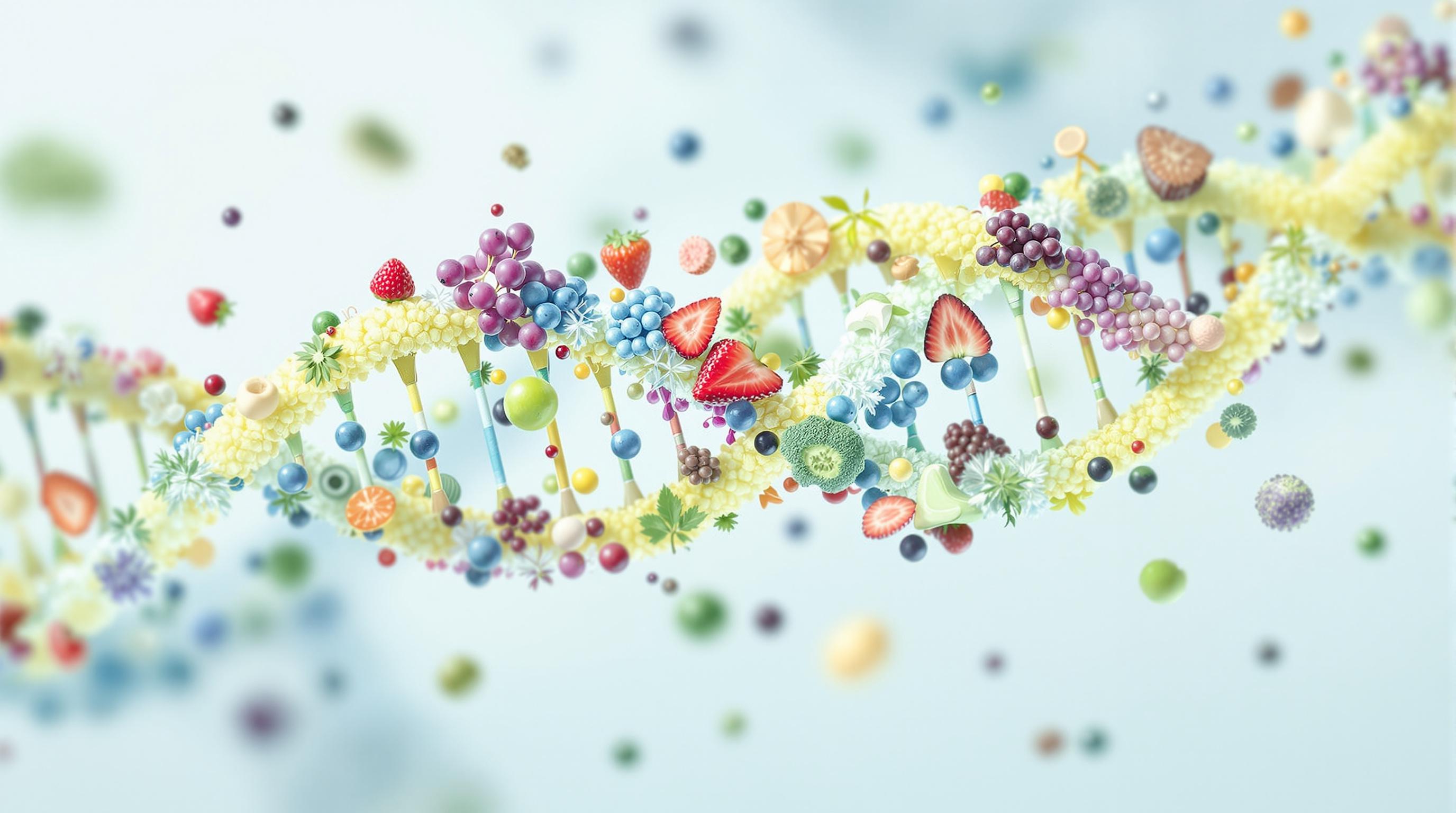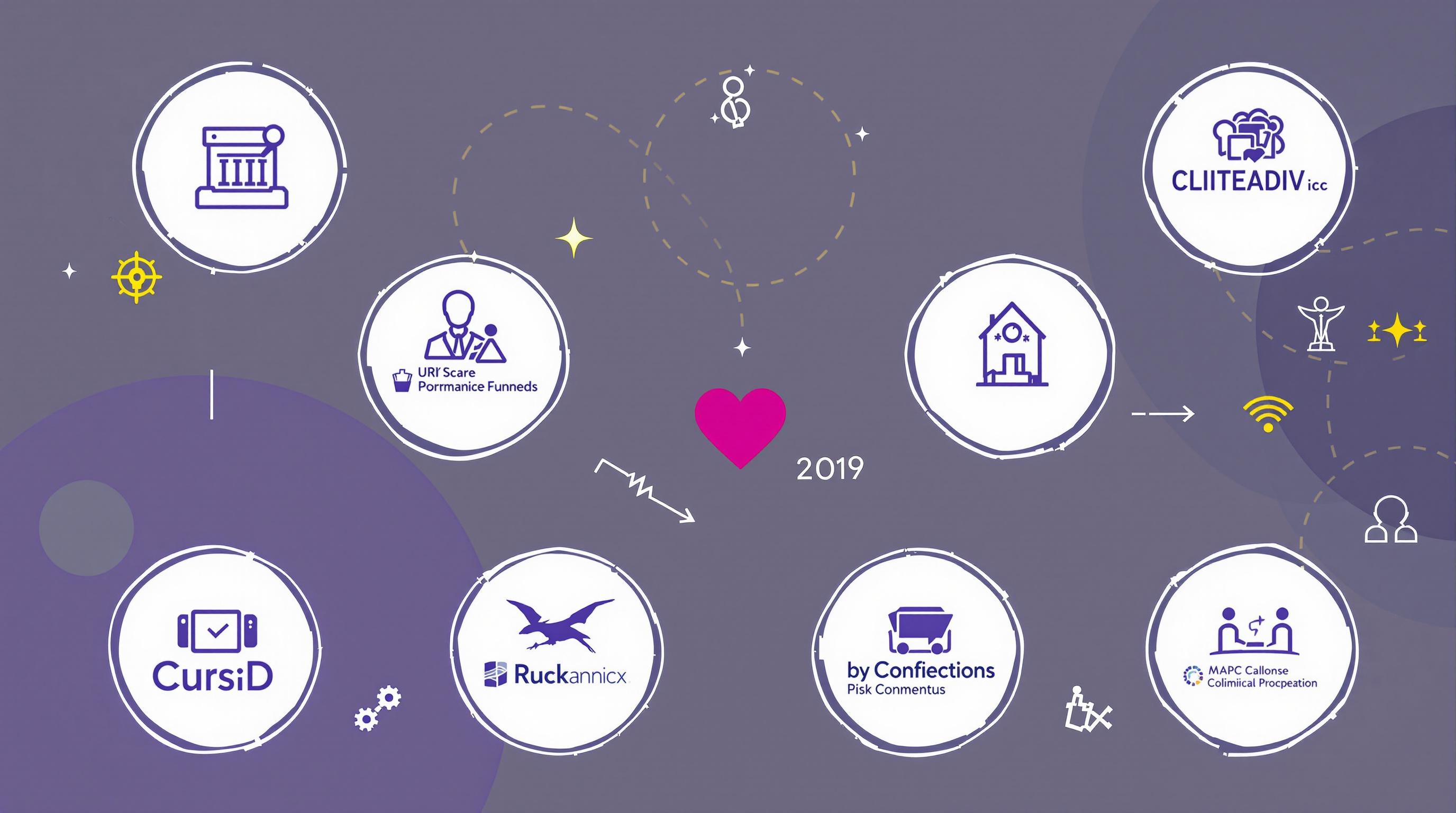Related Articles
- How Climate Change Litigation Is Reshaping International Investment Risk Assessment and Capital Flows
- 7 Revolutionary Smart Home Investments from the Last Five Years That Generate Steady Passive Income in 2024
- How Virtual Reality Is Changing Family Conversations About Inheritance and Future Financial Transparency
- The Influence of Seasonal Affective Disorder on Designing Adaptive Support Networks for Mental Wellness
- Top 5 Game-Changing Green Bonds Released Since 2019 Disrupting Conventional Sustainable Finance Models
- 6 Groundbreaking Global Robo-Advisors Unveiled Since 2019 Transforming Automated Wealth Management
How Nutritional Genomics Could Reshape Personalized Wellness Approaches in the Next Decade
How Nutritional Genomics Could Reshape Personalized Wellness Approaches in the Next Decade
Nutritional genomics stands at the frontier of personalized wellness, promising to revolutionize how individuals approach diet and health over the next decade. By examining the interplay between genes and nutrients, this field offers tailored nutritional guidance that could transform public health and individual lifestyles alike.
A Brief Story of Discovery
Imagine Sarah, a 35-year-old teacher who’s struggled for years with weight management despite trying countless diets. After undergoing a nutritional genomics test, she discovers she has a variant in the MTHFR gene affecting folate metabolism. By adjusting her diet to include more bioavailable folate sources, Sarah experiences improved energy levels and gradual weight loss without the frustration of trial-and-error dieting. This personal success story captures just a small fraction of what nutritional genomics aims to achieve broadly.
What Is Nutritional Genomics?
At its core, nutritional genomics (also called nutrigenomics) studies how individual genetic variations interact with diet to influence health outcomes. This field not only explores how nutrients affect gene expression but also how genetic predispositions modify nutrient requirements. It’s a scientific alliance where DNA meets dining, allowing for wellness plans uniquely suited to each person's genetic makeup.
Did you know? According to a 2022 report by Grand View Research, the global nutrigenomics market was valued at $5.2 billion and is expected to grow at a CAGR of 16.3% through 2030, reflecting increasing consumer interest in personalized nutrition.
The Science Behind the Hype
Genes like APOE, FTO, and TCF7L2 have been linked to varying responses to dietary fats, obesity risk, and type 2 diabetes susceptibility. For example, individuals with the APOE4 variant may need to regulate their fat intake more strictly due to increased cardiovascular risk. Such discoveries cement the role of genomics in designing diets that optimize health outcomes.
Casual Chats Over Coffee: Why Does This Matter to You?
So you're sitting at your local café with friends, and the topic turns to diets—keto, paleo, vegan, intermittent fasting. Everyone's got an opinion, but what if the secret sauce isn’t in one-size-fits-all advice? Nutritional genomics steps in here like a savvy barista suggesting the perfect coffee blend after learning your taste and caffeine sensitivity. In other words, it gets personal. Not just for health nuts, but for anyone wanting to feel better, think sharper, or just sleep more soundly.
The Challenge: Making Genomic Data Accessible and Actionable
One of the hurdles for nutritional genomics is the complexity of data interpretation. Genetic information alone is not a magic bullet; it must be translated into actionable dietary advice. This requires integrated platforms combining bioinformatics, dietetics, and behavioral science to educate and guide users effectively.
Case Study: A Tech Startup’s Leap
Consider NutriGenome Innovations, a startup that merged AI with genomics to deliver personalized diet plans via smartphone apps. In a 2023 user trial involving 2,000 participants, 72% reported better adherence to recommended diets and a 25% improvement in metabolic markers after six months. This showcases how technology can make genomic insights practical.
Formal Analysis: Potential Public Health Impacts
Implementation of nutritional genomics at scale could diminish the burden of diet-related chronic diseases such as obesity, diabetes, and cardiovascular conditions. Tailored nutrition interventions may enhance prevention strategies by aligning with genetic risk profiles. For instance, identifying individuals with genetic sensitivities to sodium could help reduce hypertension rates through targeted dietary recommendations.
However, ethical concerns about genetic data privacy and potential disparities in access remain significant obstacles that policymakers must address as this field matures.
Humor Break: Genomics and Your Grandma’s Advice
“Back in my day, we didn’t need fancy DNA tests to know what to eat—we just ate our vegetables,” chuckles my 68-year-old grandma. But here’s the twist: grandma might be onto something, because while genomics gives us a high-tech edge, many foundational nutritional truths endure. Nutritional genomics doesn’t dismiss traditional wisdom; rather, it refines it with molecular precision.
Emerging Trends: Microbiome Interactions
Recent advances highlight that our gut microbiome also plays a key role in how genes interact with nutrients. Personalized nutrition may soon incorporate microbiota profiles alongside genetic data, offering even more nuanced wellness plans. Studies suggest that integrating microbiome analysis could improve responses to diets aimed at reducing inflammation and improving mental health.
Why the Next Decade Is Key
The rapid progress in genome sequencing technologies and decreasing costs set the stage for widespread adoption. As genetic testing becomes routine, nutritional genomics is poised to shift from niche application to mainstream health practice. Imagine school lunch programs designed based on population genetics or insurance companies offering premium discounts for clients who follow gene-based nutrition protocols—these visions could become realities by 2034.
Concluding Perspectives
From personalized meal plans to public health policy reform, the integration of nutritional genomics has the transformative potential to recalibrate how we understand food and health. As a 45-year-old writer focused on wellness and science outreach, I find the blending of cutting-edge genetics with everyday nutrition profoundly inspiring—it holds promises not only for prolonged longevity but for enhancing life quality in vibrant, individualized ways.
Whether you’re a teenager, a parent, or a retiree, this emerging science invites us all to reconsider the mantra “one diet fits all”. Instead, it whispers a hopeful future: one where eating right is not just advice but a personal narrative written by your own genome.
Sources:
- Grand View Research, Nutrigenomics Market Report, 2022
- "Personalized Nutrition by Prediction of Glycemic Responses," Cell, 2015
- NutriGenome Innovations Internal Trial Data, 2023
- Nutritional Genomics and Public Health Policy, Journal of Clinical Nutrition, 2021




